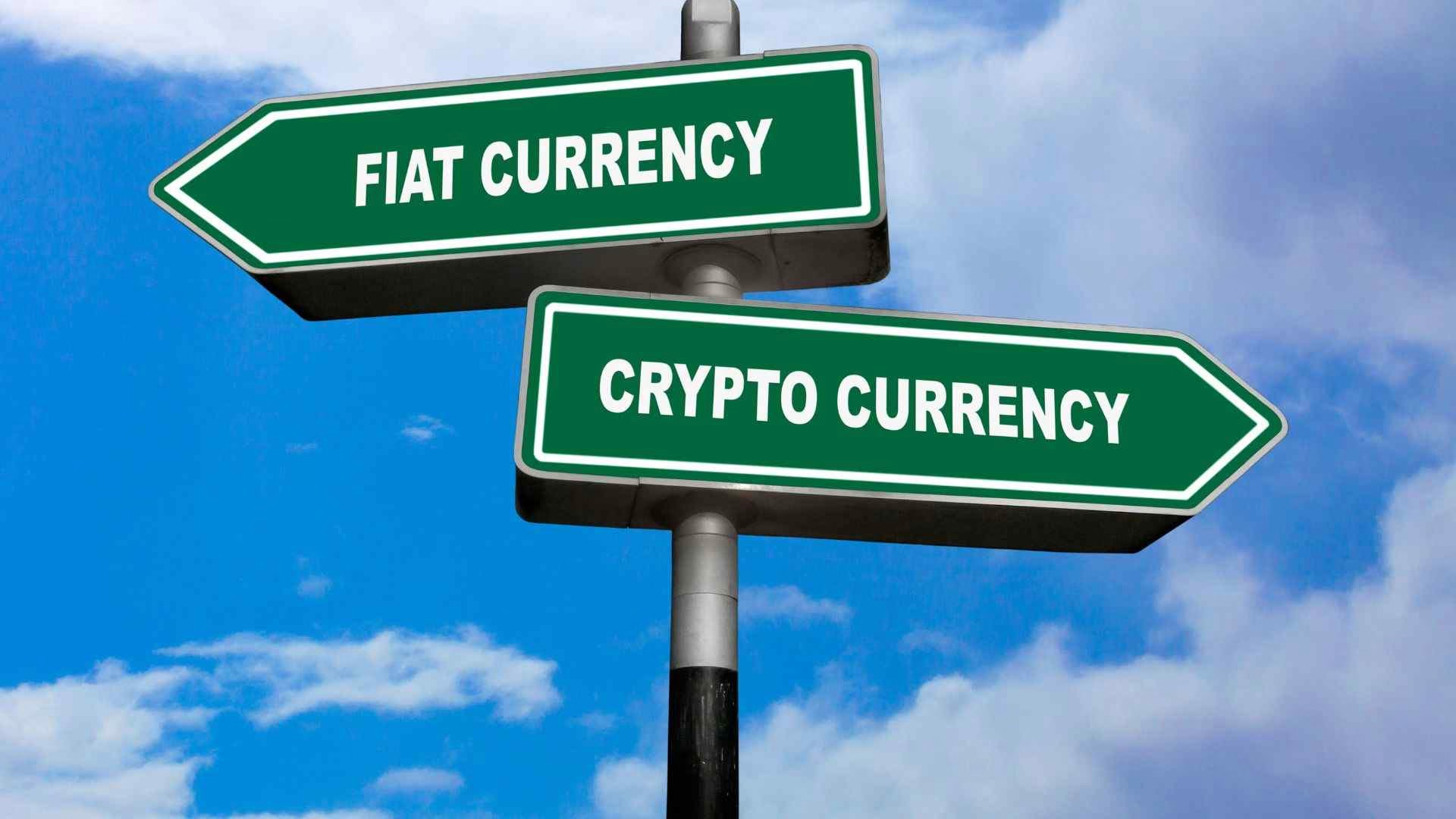How Fiat to Crypto Conversion Works on Modern Casino Sites

Modern online casinos increasingly support hybrid payments that bridge fiat money and cryptocurrencies. This evolution allows players to deposit in euros, pounds or dollars and instantly convert funds into Bitcoin, Ethereum or USDT for gameplay.
The system relies on real-time exchange integrations, licensed processors and blockchain settlement layers. Understanding how this works clarifies why digital assets now power over 30% of online gambling transactions worldwide.
Fiat Conversion Technology Explained
Casinos using fiat-to-crypto gateways employ integrated exchange APIs from providers like MoonPay, Banxa or Simplex. When a player makes a deposit in euros or another fiat currency, the system automatically calculates the crypto equivalent based on live market rates.
At SpinBit, for example, players can use a credit card or bank transfer to fund an account in fiat, which is then converted instantly into Bitcoin. The blockchain confirms the equivalent amount in the player’s wallet within seconds. The casino’s internal ledger updates in the background, ensuring transparency and matching blockchain transaction IDs with the player’s profile.
This automated bridge between traditional banking and decentralized ledgers minimizes manual handling and speeds up the gaming process.
Step-by-Step Conversion Process
Understanding the technical journey helps players see what happens behind each deposit. Below is a simplified overview of the conversion stages.
- Deposit Request Initiation – The player chooses a payment method such as Visa, Mastercard or SEPA transfer.
- Amount Entry and Quote Generation – The system fetches a real-time crypto rate, often valid for 60 seconds.
- Identity Verification – Depending on local laws, users confirm identity through KYC.
- Transaction Approval – The casino’s payment gateway authorizes the fiat charge.
- Crypto Allocation – Funds are sent to the casino’s wallet address and credited to the player’s balance.
- Blockchain Confirmation – The transaction gets validated through a miner or validator, typically in under 10 minutes.
Each stage is logged both on-chain and off-chain, which reduces fraud and ensures traceable settlements.
Exchange Rate Systems
Exchange rates fluctuate constantly, so casinos rely on liquidity providers or decentralized oracles for up-to-date values. Many platforms fix the conversion rate at the moment of transaction to prevent slippage.
| Provider | Average Fee | Rate Refresh Time | Settlement Time |
| MoonPay | 3.5% | Every 30 seconds | 1–5 minutes |
| Simplex | 3–5% | Real-time | 2–10 minutes |
| Banxa | 2.9% | Every 60 seconds | 5–15 minutes |
Players benefit when casinos lock rates before blockchain validation, as it shields them from volatility spikes common in Bitcoin and Ethereum. However, fixed-rate protection usually adds a small service premium.
Regulation and Compliance Layers
Fiat-to-crypto exchanges embedded in casino platforms must follow international anti-money laundering (AML) and know-your-customer (KYC) requirements. Licensed casinos under the Malta Gaming Authority or the UK Gambling Commission are required to store conversion records for at least five years.
Payment processors used for crypto onboarding also comply with the EU’s Fifth Anti-Money Laundering Directive (5AMLD), ensuring customer data protection and transaction transparency. These rules create a structured environment for hybrid casino payments, balancing innovation with legal oversight.
Popular Fiat Gateways and Supported Assets
Most hybrid casinos accept a limited list of fiat currencies and corresponding crypto tokens. The following list summarizes the most supported options found on major platforms.
- Supported fiat: EUR, USD, GBP, CAD, AUD
- Supported crypto: BTC, ETH, LTC, USDT, BNB
- Typical gateways: MoonPay, Simplex, Ramp, Banxa
The pairing flexibility allows players from over 100 countries to join the same network while using their preferred financial instruments.
Fees and Transaction Costs
Every conversion includes service fees and network costs. Fiat-to-crypto transactions incur two types of charges—processor fees and blockchain gas fees.
| Cost Element | Typical Range | Who Pays It |
| Processor Fee | 2–4% | Player |
| Exchange Spread | 0.5–1% | Player or Casino |
| Blockchain Fee (Gas) | Variable (€0.20–€3) | Player |
| Withdrawal Fee | Fixed or 1% | Casino or Player |
Some casinos cover blockchain fees during promotional campaigns or loyalty programs. Others offset the expense by offering instant swaps at in-house rates.
Security and Wallet Management
Fiat-to-crypto conversions demand robust security measures. Modern casinos implement cold storage solutions for their crypto holdings, meaning most coins are stored offline to prevent unauthorized access.
Hot wallets are only used for operational liquidity. Every transaction is encrypted with SHA-256 algorithms and double-verified by the exchange provider. Additionally, two-factor authentication and address whitelisting prevent malicious withdrawals.
Players receive unique blockchain transaction IDs (TXIDs) for transparency. This system enables real-time tracking through blockchain explorers, enhancing trust and accountability.
Benefits of Fiat-to-Crypto Systems
Casinos that enable dual-currency payments attract both traditional players and crypto enthusiasts. The benefits extend beyond convenience:
- Instant Deposits – No waiting for bank clearance or card settlement.
- Global Access – Works across regions where fiat gambling is limited.
- Reduced Chargebacks – Blockchain transactions are irreversible.
- Player Privacy – Fewer intermediaries share sensitive information.
- Faster Withdrawals – Crypto payouts bypass standard banking delays.
These advantages explain why over 400 iGaming operators integrated crypto-fiat gateways by 2025, up from 120 in 2021.
Limitations and Risk Factors
Despite efficiency, the model carries risks. Exchange rate volatility remains a key challenge, especially during market turbulence. If Bitcoin drops 5% between deposit and credit confirmation, the player absorbs that loss unless the rate was locked.
Additionally, not all countries recognize crypto winnings under existing tax systems. Players in the EU, for example, must often declare both fiat and digital asset profits separately.
System downtime or blockchain congestion can delay confirmation, though major networks like Bitcoin and Ethereum maintain over 99.8% uptime reliability.

